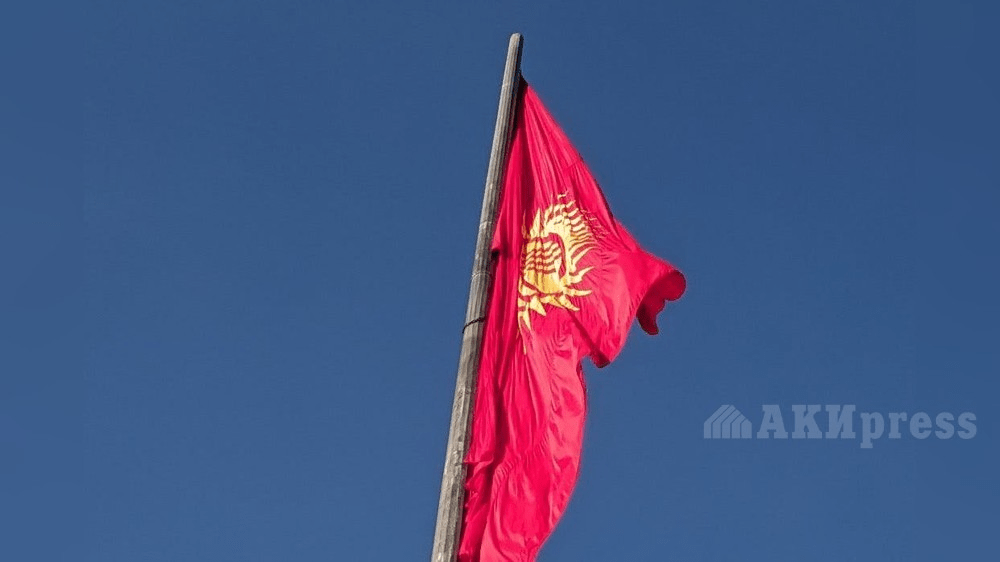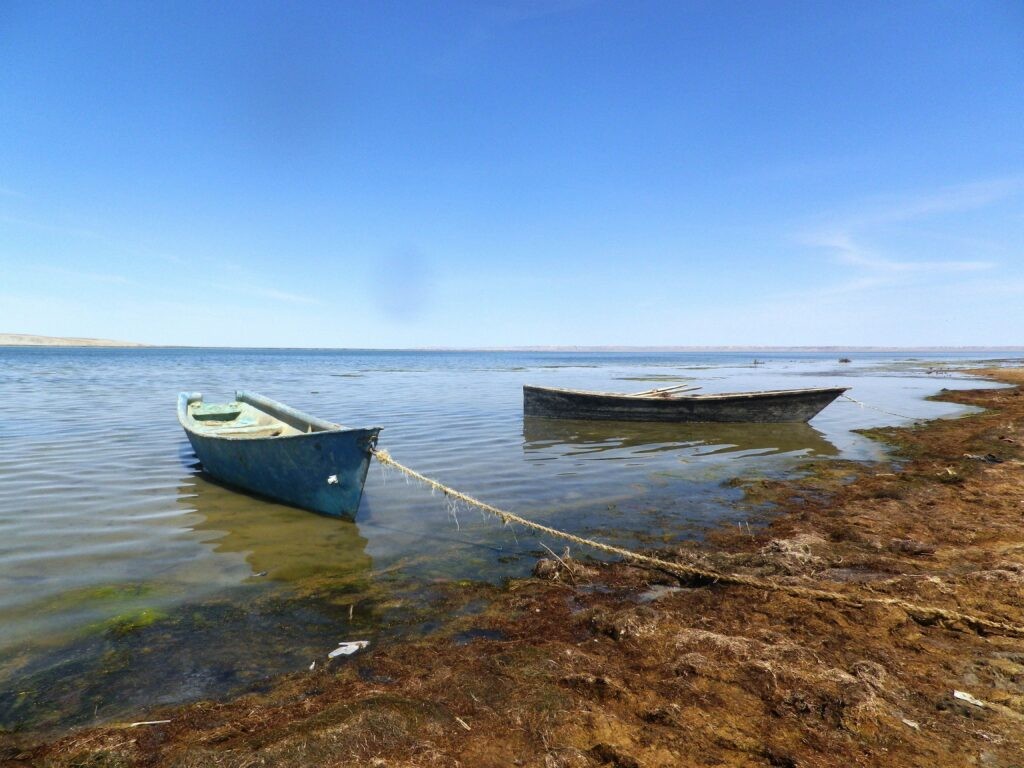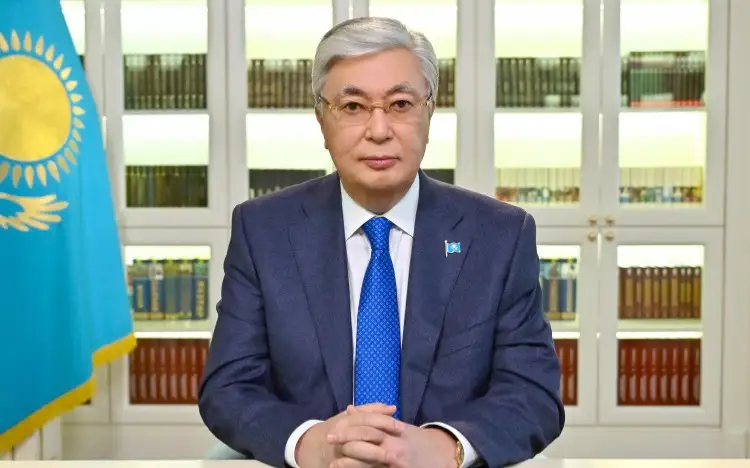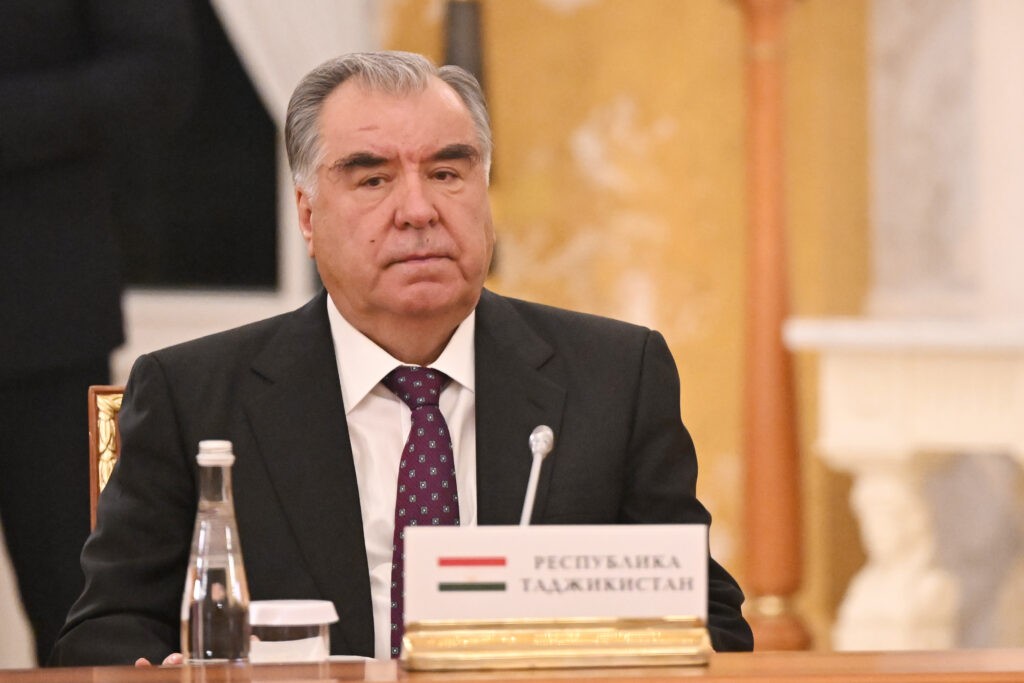New Flag of Kyrgyzstan Raised in Ala-Too Square
On January 1st, 2024, the new flag of Kyrgyzstan was raised in Ala-Too Square. Photos of the updated flag were shared by the AKIpress News Agency. On December 22nd, President Sadyr Japarov signed a law “On State Symbols of the Kyrgyz Republic,” which was adopted to improve the country’s flag. In particular, the adopted law changed the shape of the sun’s rays on the flag of Kyrgyzstan from wavy to straight. Earlier, at the People's Kurultai, Japarov had stated that changing the flag was his personal initiative, and also added that the state would not bear the costs.[/vc_column_text][vc_single_image image="13481" img_size="full" el_class="scond-image" parallax_scroll="no" woodmart_inline="no"][vc_column_text woodmart_inline="no" text_larger="no"]Several rallies protesting the change have been held since the proposal in October. Also on December 22nd, Human Rights Watch (HRW) urged the Kyrgyz authorities to drop all charges against activist Aftandil Jorobekov, and to release him after he was arrested for openly protesting changes to Kyrgyzstan’s national flag and charged with calls for mass disorder and civil disobedience. In a statement, HRW said that the charges brought against Jorobekov “violate his freedom of expression and right to peaceful assembly.” The 39-year-old activist was detained on December 7th, a day after he voiced his disapproval of the bill and announced his plan to hold a peaceful protest in Bishkek’s Gorky Park on December 9th. “Criticizing the government and calling for peaceful protest is not the equivalent of stoking mass unrest, and it is certainly not criminal,” Sultanalieva said. “The Kyrgyz authorities should drop this absurd case against Jorobekov, and uphold his right to free speech and peaceful assembly.” Meanwhile, many politicians, activists, and public figures in Kyrgyzstan continue to question the idea to change the national flag. Prominent Kyrgyz athlete and two-time world wrestling champion Jolaman Sharshenbekov wrote on Twitter on December 21st that he will continue raising the country’s old national flag at international tournaments and competitions. The head of the country’s State Committee of National Security, Kamchybek Tashiev, immediately commented on Sharshenbekov’s post, threatening unspecified repercussions for athletes who “even try” to raise anything other than the amended national flag at sports events. “The law is adopted, and we, the citizens, must obey,” Tashiev wrote.






